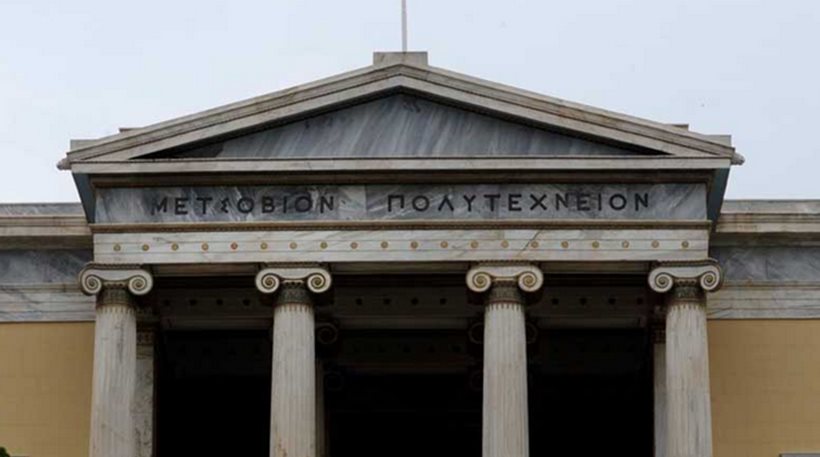
28-07-16 Greece ranks 11th in absorption rate of EU Horizon 2020 Research and Innovation funds
Greek research teams successful in pursuit of EU funding for research projects
With the participation of 1,071 institutions vying for 652 European research projects in the “Horizon 2020 Research and Innovation” programme, Greece has qualified for 328.4 million euros in funding. Greece thus ranks 11th among the 28 EU member-states.
The highest funding of Greek institutions was for the programmes “Information Technologies and Communications”, “Marie Slodowska Curie programmes”, “Health, Demographic Change and Prosperity”, and “Secure Societies – protection of the liberty and security of Europe and its citizens”.
The 10 Greek institutions that achieved the highest funding levels to this date in the Horizon 2020 framework are: The Foundation for Technology and Research, the National Centre for Research and Technology Development, the University of Athens, Athens Polytechnic, The Institute of Communications and Computer Systems (School of Electrical and Computing Engineering of the National Technical University of Athens), the University of Thessaloniki, the National Centre for Scientific Research Demokritos, the University of Patras, the “Athina Research & Innovation Information Technologies” programme, and the University of Thessaly.
These are just some of the main conclusions from the most recent data of the EU’s eCORDA (July, 2016), as processed by Greece’s National Documentation Centre, which acts as a National Contact Point for Horizon 2020.
The Horizon 2020 programme is the European Commission’s funding framework for Research and Innovation, covering the 2014-2020 period, with a budget of approximately 80 million euros. It supports the Europe 2020 strategy, which stresses research and innovation as central axes of smart, viable and comprehensive development, aiming also at confronting serious social challenges.
To this date, Horizon 2020 has approved a total of 8,637 research projects, with a total of 14.471 million in EU funding. Greece had 1,071 participations of institutions, with 652 project receiving a total of 328.4 million euros. That represents 2.2 percent of the total Horizon 2020 funding, giving Greece an 11th place ranking among the 28 EU member states, above countries such as Finland, Portugal and Ireland. Based on the number of participants with approved projects in Horizon 2020, Greece ranks 10th.
The largest Greek participation (40 percent of Greek projects) regards the area of “Societal Challenges”, with research projects in the fields of medicine (Health, demographic shifts, and prosperity - 28.3 million euros); The area of security (secure societies – protection of the liberty and security of Europe and its citizens, 27.3 milllion euros), and the environment (Project on climate, environment, efficiency of funding and raw materials”, 19.1 million euros); The field of energy (Secure, clean, and efficient energy, 18.2 million euros), and others.
About 30 percent of Greek participation in related EU funding goes to the field of Industrial Leadership, including research in Information Technologies and Communications, an area in which Greece has excelled, with 65.1 million in EU funding.
About 20 percent of Greek participation and EU funding is in the area of “Excellent Science”, with the most significant individual programmes being “Marie Slodowska Curie programmes” with 29 million euros, the creation and funding of research infrastructure (EU Future Emerging Technologies, 10.7 million euros), and research funded by the European Research Council (ERC), 4.6 million euros.
Finally, EU funding of approved Greek projects in the programme “Science with and for Society” amounted to 4.9 million euros.
In a series of reports issued by the National Documentation Centre, there is more information on Greek research at the link http://metrics.ekt.gr/el/eidikes-ektheseis/ekdoseis-EKT
The following graph shows distribution of Horizon 2020 funds among 28 EU member-states, with Greece ranking 11th.

.
